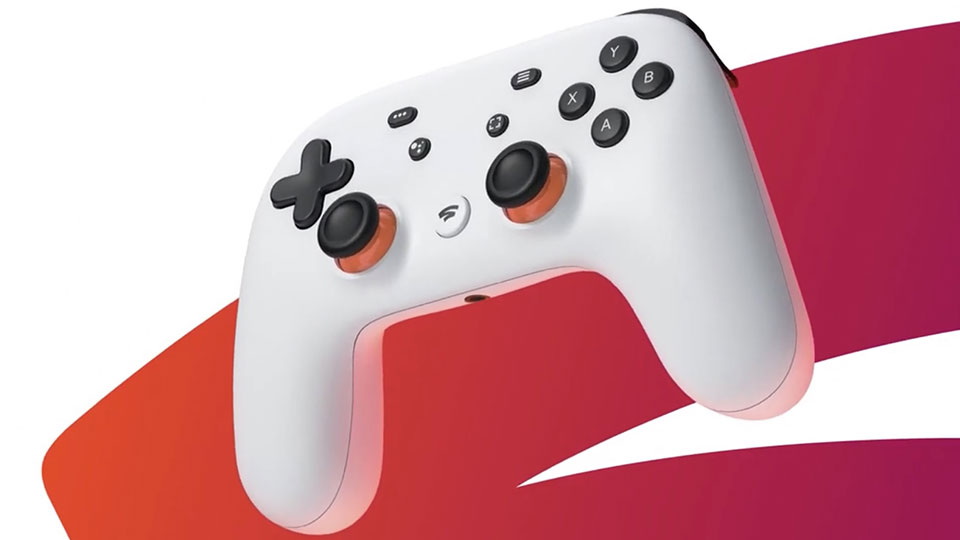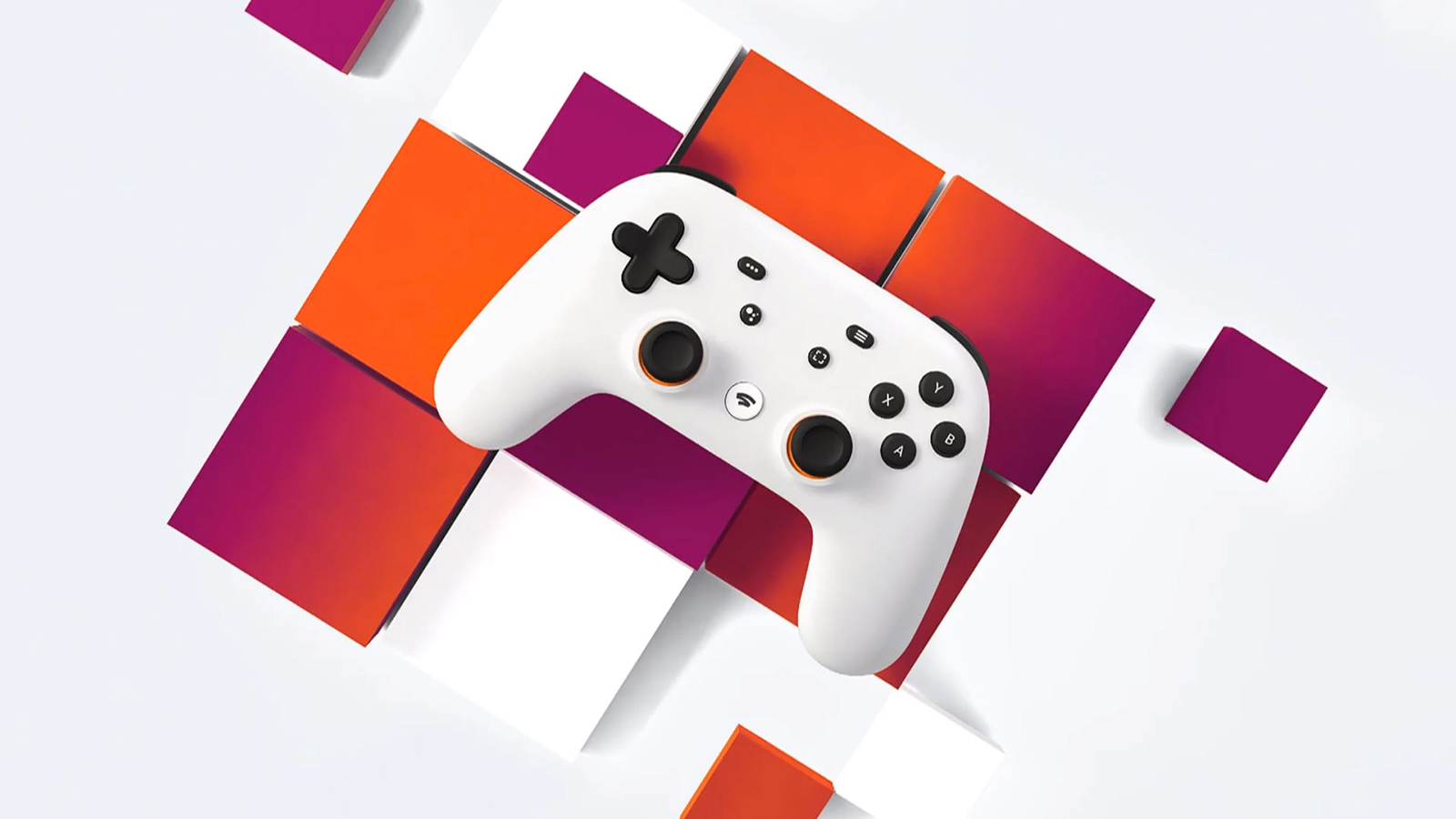No, Google Stadia isn’t dead – at least not yet
Google has denied reports that it's no longer focusing on Stadia

Google is reportedly planning to offer its Stadia streaming tech to other companies – including Peloton, Bungie, and Capcom – casting doubts over the future of the platform. However, Google has since denied these reports
According to Business Insider, Google has shifted its priorities to focus on selling its ‘Google Stream’ technology to interested parties, instead of attracting more games to the Stadia platform.
Sources told Business Insider that: “Current and former employees said the priority was now on proof-of-concept work for Google Stream and securing white-label deals. One estimated about 20% of the focus was on the consumer platform.
“There are plenty of people internally who would love to keep it going, so they are working really hard to make sure it doesn’t die,” Business Insider’s sources said. “But they’re not the ones writing the checks.”
Google has since responded to the report, with Google spokesperson Patrick Seybold telling The Verge that the company was always planning to offer its Google Stream tech to other companies.
“We announced our intentions of helping publishers and partners deliver games directly to gamers last year, and have been working toward that,” Seybold said. “The first manifestation has been our partnership with AT&T who is offering Batman: Arkham Knight available to their customers for free.
“While we won’t be commenting on any rumors or speculation regarding other industry partners, we are still focused on bringing great games to Stadia in 2022. With 200+ titles currently available, we expect to have another 100+ games added to the platform this year, and currently have 50 games available to claim in Stadia Pro.”
Sign up for breaking news, reviews, opinion, top tech deals, and more.
The official Google Stadia Twitter account also moved to address the reports, saying that the team is “working really hard on a great future for Stadia and cloud gaming.”
If you hear one thing, hear this: The Stadia team is working really hard on a great future for Stadia and cloud gaming. We hope you agree, and we know the proof is in the playing.February 5, 2022
Analysis: is Google Stadia on life support?

It’s clear that Google’s gamble on Stadia hasn’t paid off after its initial bullish reveal, even though the technology is impressive. The company’s cloud streaming tech was supposed to offer a more accessible, high-quality gaming experience across multiple devices, but that hasn’t always been the case.
The company’s Pro membership streaming option has come under fire for failing to offer the 4K resolution it promised, and its business model has been criticized for being too expensive, with subscribers reluctant to purchase new games and pay a monthly membership fee.
Google also made the decision to shut down its main first-party development studio. It means the platform doesn't offer a compelling lineup of exclusive games, and that Stadia's library mostly consists of older titles or games available on other platforms.
To make matters worse, Stadia also has a number of rivals in the cloud gaming space. Xbox Cloud Gaming, Nvidia GeForce Now, and Amazon Luna have all stepped in to challenge Stadia, with Nvidia, in particular, offering a far more appealing service due to the fact you pay for a subscription to access hundreds of games, instead of purchasing titles individually.
Phenomenal sales of the PS5, Xbox Series X, and Nintendo Switch have shown that cloud gaming still isn’t appealing enough to pull people away from traditional hardware.
Google Stadia isn’t dead, then, at least not yet. But it’s hard to see how it will break through and achieve the level of mainstream success it first targeted when it was announced in 2019.
- PS5 vs Xbox Series X: which console is right for you?
Adam was formerly TRG's Hardware Editor. A law graduate with an exceptional track record in content creation and online engagement, Adam has penned scintillating copy for various technology sites and also established his very own award-nominated video games website. He’s previously worked at Nintendo of Europe as a Content Marketing Editor and once played Halo 5: Guardians for over 51 hours for charity. He is now an editor at The Shortcut.
